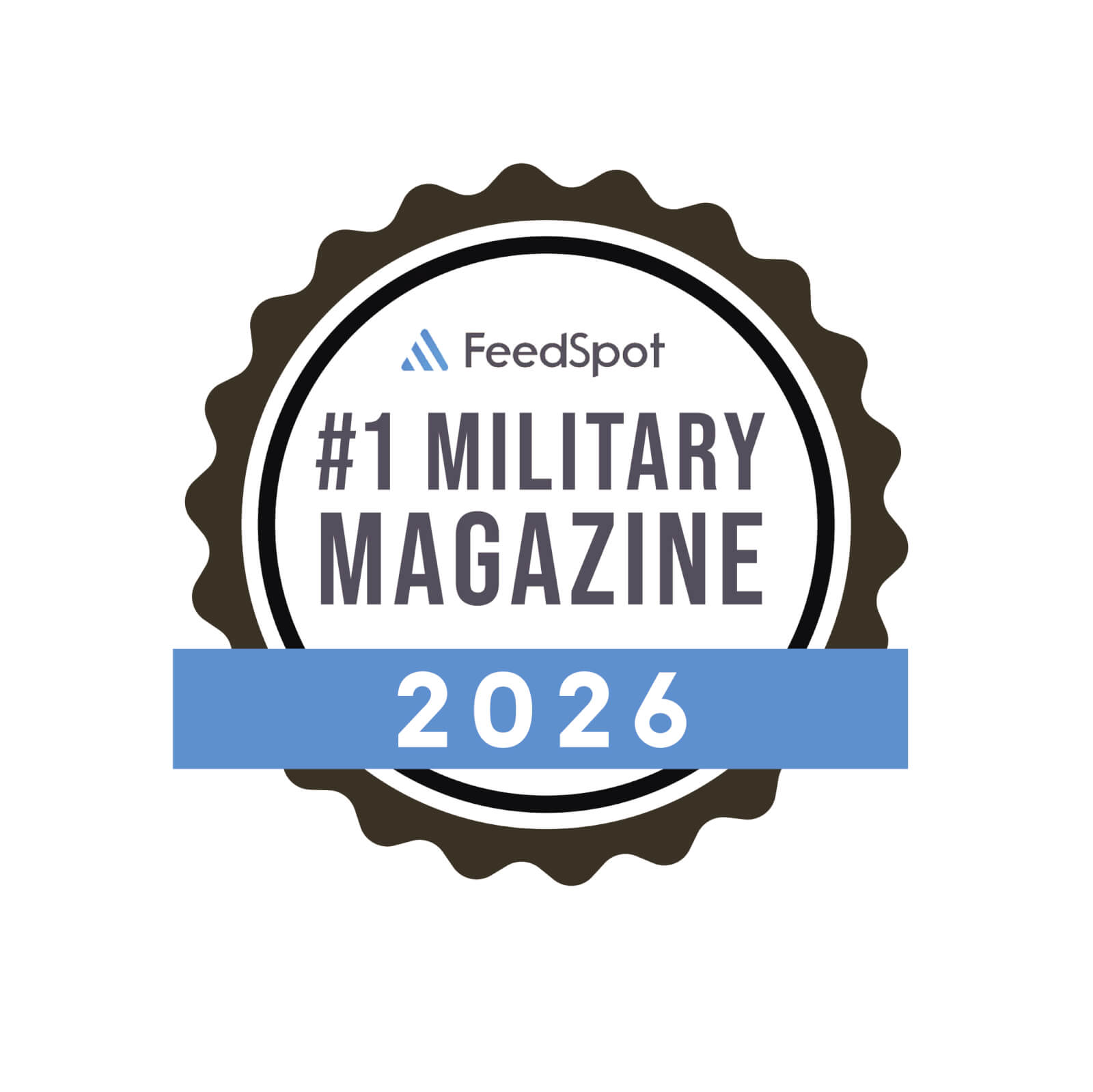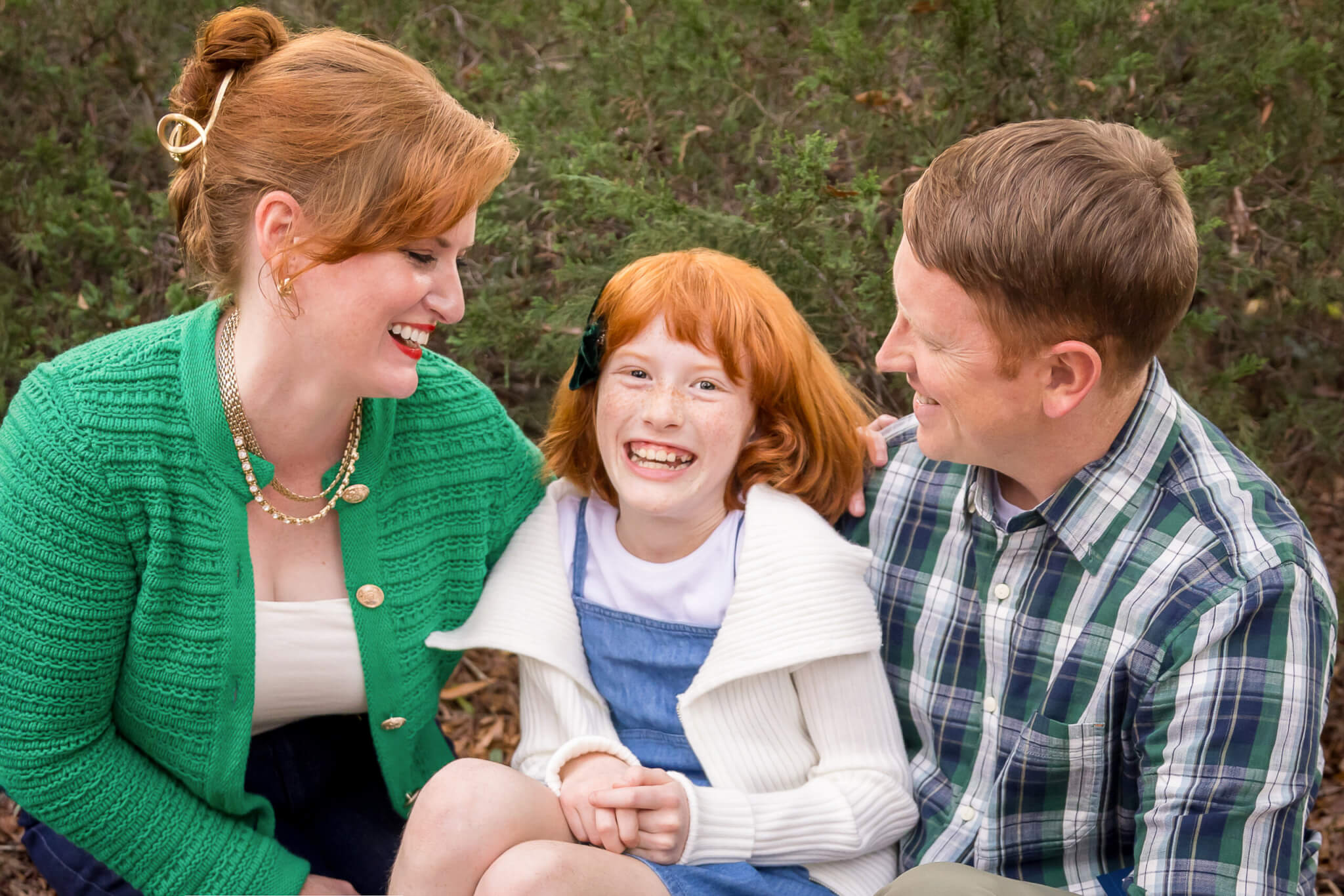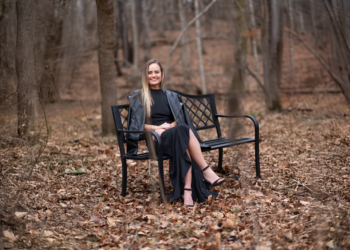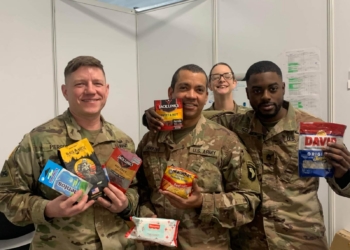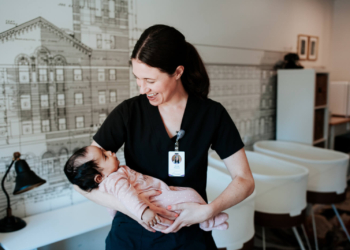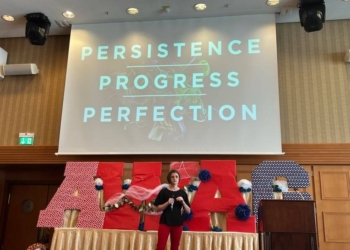Army spouse Kathleen Kent is a self-professed “on-post person.” She has opted to live in privatized military housing five-out-of-seven times of her husband’s 15-year military career, despite knowing a home outside the gates for the family of three likely would be much larger.
Kent, 35, says neighborhood safety, commuting distance for her husband, on-base amenities and a built-in connection with other families typically tips the scales in favor of living on-post.
“I value the close relationship with my neighbors and how we move on a much more accelerated path than a normal friendship,” explained Kent, whose current military housing is a 1,300-square-foot ranch on Fort Liberty in North Carolina. “Once I’ve met someone, once we have some rapport, they can knock on my door at midnight and I’ll help them with anything. It’s just a different sense of community.”
At Fort Liberty and Fort Meade in Maryland, Corvias-managed homes are giving military families another reason to opt for on-base accommodations. Both posts are pilot locations for Corvias’ Wellness at Home, a program designed to prioritize resident indoor health and wellbeing. Fifty homes have achieved WELL Residence certification, a global designation awarded to buildings achieving high ratings for indoor air quality, water quality and lighting as well as meeting standards for amenities promoting mental and physical wellbeing.
Corvias is awaiting Army approval to upgrade all its 22,000 homes across seven Army installations: Fort Liberty, Fort Meade, Aberdeen Proving Ground (Maryland), Fort Johnson (Louisiana), Fort Novosel (Alabama) Fort Riley (Kansas) and Fort Sill (Oklahoma). The program will help protect military families from indoor health risks, including airborne mold spores and harmful “forever chemicals” in drinking water.
“We want our residents to be able to focus on their mission and not have to worry that things are taken care of at home,” said Denise Hauck, Corvias senior vice president, property operations. “We are their community, and we want them to enjoy the comfort and wellbeing of their home.”

For Army spouse Larriesha Legier, 33, moving into base housing at Fort Johnson in Louisiana has brought a sense of connection with Army life that was missing when living outside the gates at the family’s previous duty station, Fort Cavazos in Texas.
“It has been amazing. Because the community is so small, you’re forced to immerse yourself in all the base has to offer,” Legier said, adding that living across the street from a pool and park also has been ideal for her growing four-person family.
While her husband has favored off-post living because of assumed cost savings, Kent says the math did not add up after she calculated the total cost of living in civilian housing developments with amenities equal to those on base.
“When we really crunched the numbers, I found that living on-post is a good deal because I do use the amenities so often,” says Kent, a professional photographer, who also co-hosts the “Household Six Podcast” and Spotify with fellow military spouse Margo Shoaf.
Legier is a healthcare-industry patient-account supervisor, but she also runs a home-based business. Being surrounded on base by other entrepreneurial military spouses has been a plus as she grows Fleur De Leigh Embroidery.
“In the community here, everybody helps one another. We have a Facebook group. If there’s anything new going on, they share things,” Legier said, noting she also participated in a Military-Spouse-Owned Business Market held at the Corvias leasing office.
From maintenance issues to requests for new communitywide amenities, Hauck maintains Corvias wants to hear both good and bad feedback from residents.
“We want to know what we’re doing right and what we can improve on,” she explained.

